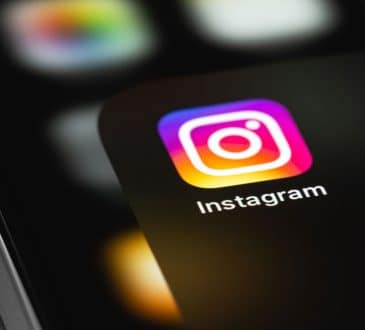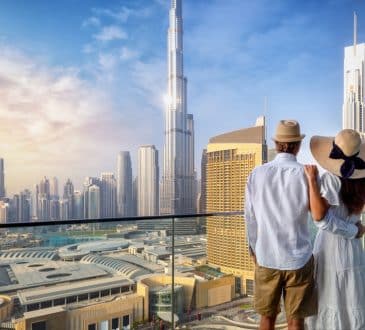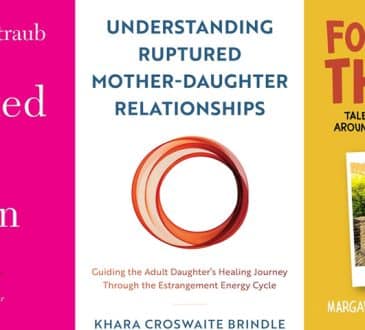All You Should Know About The Culture And History Of Vietnam Before Your Trip

Another beautiful, interesting, and promising place whose fame and popularity were overshadowed and continues to be overshadowed in travel ”circles” due to the “bloody” recent past. Yet Vietnam has nothing to envy from the other popular States of Asia, both in history and display of archaeological monuments, as well as in hospitality and reconnection with nature. Today, I would like to emphasize the cultural elements and the history of Vietnam to provide a more meaningful aspect of this magnificent country.
Combining nature and urban elements with Asian aroma
Vietnam has the “luxury” of having two major cities, Hanoi and Ho Chi Minh City, which claim the title of the most popular city in the country, each bringing its own beauty and characteristics. Hanoi is the capital city of Vietnam. On the other hand, Ho Chi Minh City is considered a larger urban center. The country has about 10 billion inhabitants who practically live in one of these two cities. In addition, the two unique international airports are located in these cities.
Mountains affecting the geology of Vietnam
Vietnam’s trademark, as far as the Geophysical part is concerned, is the Annamite mountain range. It is considered the” backbone” of the country, which crosses it from the North and its border with China to the South. The Annamite mountain range is one of the few elements that “bridge” the gap between the North and South of the country, as the climate differs radically. In the northern part, there is a particularly subtropical climate with large valleys and several elevations, in contrast to the South, where it is quite humid, and this very often leads to the infamous monsoons meaning the strong winds as well as the heavy and lasting rains.
The history of Vietnam
The people of Vietnam, over the centuries, experienced a few years of complete independence, and this is placed approximately in the Middle Ages. Until then, it had been a permanent protectorate of the mighty Chinese Empire for about a millennium. During its transition to autonomy from China, Vietnamese people adopted Hinduism, which is the country’s most popular religion to date.
Since the 17th century, Vietnam has suffered from constant and devastating civil wars and unrest between the North Vietnamese and the South Vietnamese. France was the then colonial superpower. Its involvement, as it was initially auxiliary to the North, then developed into total conquest and complete domination. The French hegemony in the region lasted until the eve of World War II and brought economic development to the country. A traveler can detect the French elements all over the country.
In the 1930s, the Japanese occupied the country, but with their general defeat in World War II, they handed it back to the French. However, the Vietnamese drove out the French until 1954 to gain their independence. However, a decade later, Vietnam would again be involved in another civil war with the cause of imposing or not the communist regime, again between the South and the North. The role of France would, this time, be played by the United States.
Avoiding the big cities
Although the biggest part of the country’s popularity in the Western world is absorbed by the beauty of the two megacities, no one can overlook the charm of the Vietnamese countryside. In the province, the visitor has the opportunity to discover the authentic Vietnamese tradition, which is reflected in the simplest everyday occupations of the locals.
From fishing and ranching with meager means to the difficulty of transportation and communication, the Vietnamese villagers face daily challenges. However, both their challenging historical background can only be an inspiration for each visitor where life is much simpler, far from our own conveniences that we so much underestimate.
Have you read?
Philosophy’s Role in Enhancing Human Decision-Making in an AI-Driven World by Lisa Gable.
How to create a people-first culture that retains talent by Jade Green.
Difficult Conversations: We can work it out by Shantha Mohan Ph.D.
5 ways to use the summer holidays to create better habits that stick by Donna McGeorge.
Using Our Attention to Improve Collaborative Performance by Grayson James.
Add CEOWORLD magazine to your Google News feed.
Follow CEOWORLD magazine headlines on: Google News, LinkedIn, Twitter, and Facebook.
This report/news/ranking/statistics has been prepared only for general guidance on matters of interest and does not constitute professional advice. You should not act upon the information contained in this publication without obtaining specific professional advice. No representation or warranty (express or implied) is given as to the accuracy or completeness of the information contained in this publication, and, to the extent permitted by law, CEOWORLD magazine does not accept or assume any liability, responsibility or duty of care for any consequences of you or anyone else acting, or refraining to act, in reliance on the information contained in this publication or for any decision based on it.
Copyright 2024 The CEOWORLD magazine. All rights reserved. This material (and any extract from it) must not be copied, redistributed or placed on any website, without CEOWORLD magazine' prior written consent. For media queries, please contact: info@ceoworld.biz
SUBSCRIBE NEWSLETTER








